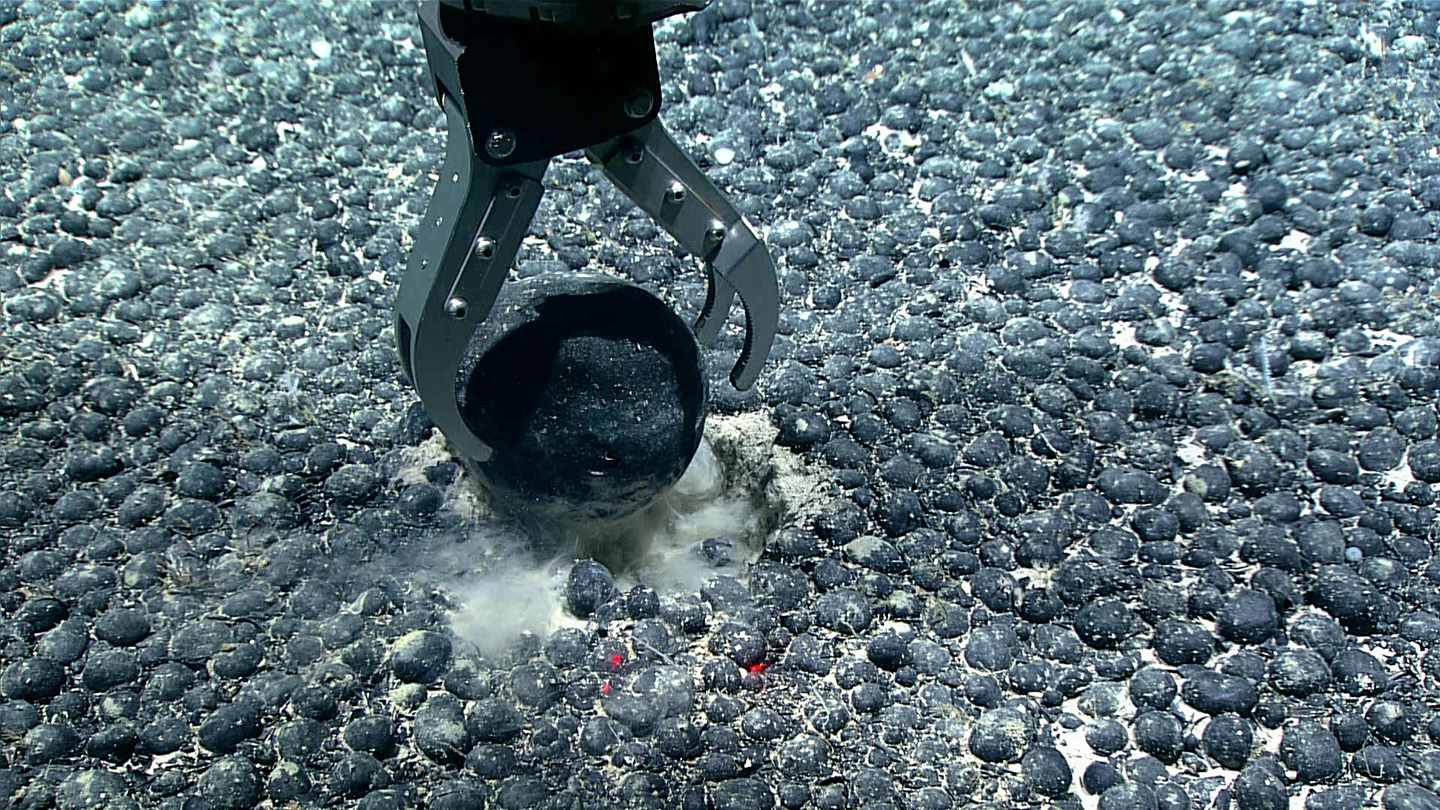The Role of Metal-Rich Nodules in Deep-Sea Oxygen Generation

Introduction
In a remarkable discovery, researchers have unveiled that certain metal-rich nodules at the seabed may play a crucial role in the generation of deep-sea oxygen.
The Mechanism Behind Oxygen Production
- The nodules operate similarly to batteries.
- They split water into hydrogen and oxygen.
- This process contributes significantly to the oxygen content in deep-sea environments.
Implications for Oceanography
This breakthrough challenges traditional views that oxygen only reaches the seafloor by sinking from above. Instead, the active generation of oxygen by these nodules highlights the complexity of deep-sea ecosystems.
Conclusion
Understanding the role of these nodules not only reshapes our knowledge of ocean dynamics but also opens new avenues for research in oceanography. The implications of this discovery could lead to enhanced strategies for studying marine environments.
This article was prepared using information from open sources in accordance with the principles of Ethical Policy. The editorial team is not responsible for absolute accuracy, as it relies on data from the sources referenced.